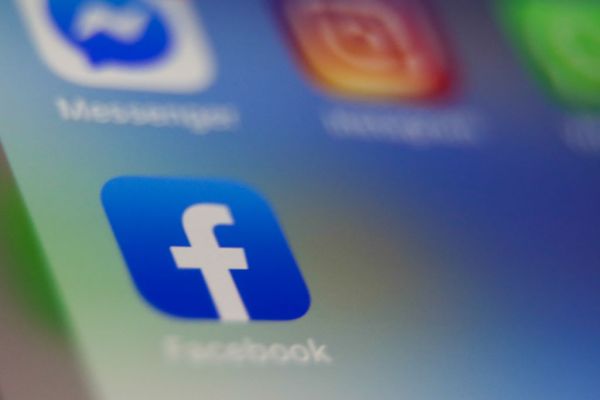U.N. Chides Israel Over Separation Wall
The wall was disrupting the daily life of Palestinians, including access to emergency medical treatment and to water, the panel was quoted by Agence France-Presse (AFP) as saying.
The construction of the wall "within the occupied territories should be stopped," it stressed.
The 18-member panel also called on the Jewish state to halt the so-called "targeted killings" of Palestinian activists in the occupied territories.
It also demanded an end of the Israeli practice of using Palestinian human shields in military operations in the occupied territories and deplored prolonged detention of suspects without contact with the outside world.
The conclusions were issued after a regular assessment of Israel’s application of the 1976 International Covenant on Civil and Political Rights, which Israel ratified in 1992.
The committee also highlighted reports about the ongoing use of illicit "interrogation techniques" and called on the Israeli government to provide more information about complaints of torture or ill treatment.
The separation wall dips deep into occupied Palestinian territory at several points under the pretext of protecting Jewish settlements.
It also leaves several Palestinian villages cut off from the rest of the West Bank.
The Palestinians accuse Israel of using the new "Berlin Wall" to unilaterally determine the borders of a future Palestinian state and of wanting to "ethnically cleanse" the West Bank with a de facto annexation of its most fertile regions.
Still ‘Problem’
In a related development, Bush said Friday that the Israeli barrier would obstruct the creation of a Palestinian state.
He said the wall and similar security issues had to be put "into a larger perspective."
The U.S. president asserted the barrier was "a problem" because its route "makes it awfully hard to develop a contiguous state over time.
"The larger issue is will the conditions be such that a state can emerge? It’s important for a Palestinian state to emerge, in our judgment, because the world will be more peaceful, Israel will be secure, and more, or as importantly, the Palestinians will have hope."
Observers said the wall would complicate the delineation of borders for a Palestinian state, expected by 2005 according to the U.S.-backed roadmap peace plan.
When Palestinian Prime Minister Mahmud Abbas visited the White House on July 23, Bush dismissed the wall as a problem.
Bush dropped the term four days later, however, when Israeli Premier Ariel Sharon was in Washington.
The U.S. president said he hoped the barrier would become obsolete in the long term if peace could be achieved, as Sharon insisted its construction would continue.
Washington was considering punishing Israel for the construction of the separating wall, a senior U.S. official said Tuesday, August 5.
‘More Difficult’
On the same line, U.S. Secretary of State Colin Powell said Washington remained worried about the Israeli barrier.
"It’s when the fence begins to intrude on land that is not on the Israeli side of the Green Line or starts to intrude in a way that makes it more difficult for us to make the case for a viable Palestinian state … it is appropriate for us to say to our Israeli friends we have a problem here," Powell said Thursday.
"That’s what we’re doing," Powell told reporters at the State Department’s Foreign Press Center.
"With respect to loan guarantees, we have not made any decisions yet and certainly have not made any announcements yet," he said.
"But we have to be faithful to the congressional direction that we had with respect to how to use these loan guarantee monies."
Israel said Friday it was exploring alternative routes for the next section of the controversial barrier.



